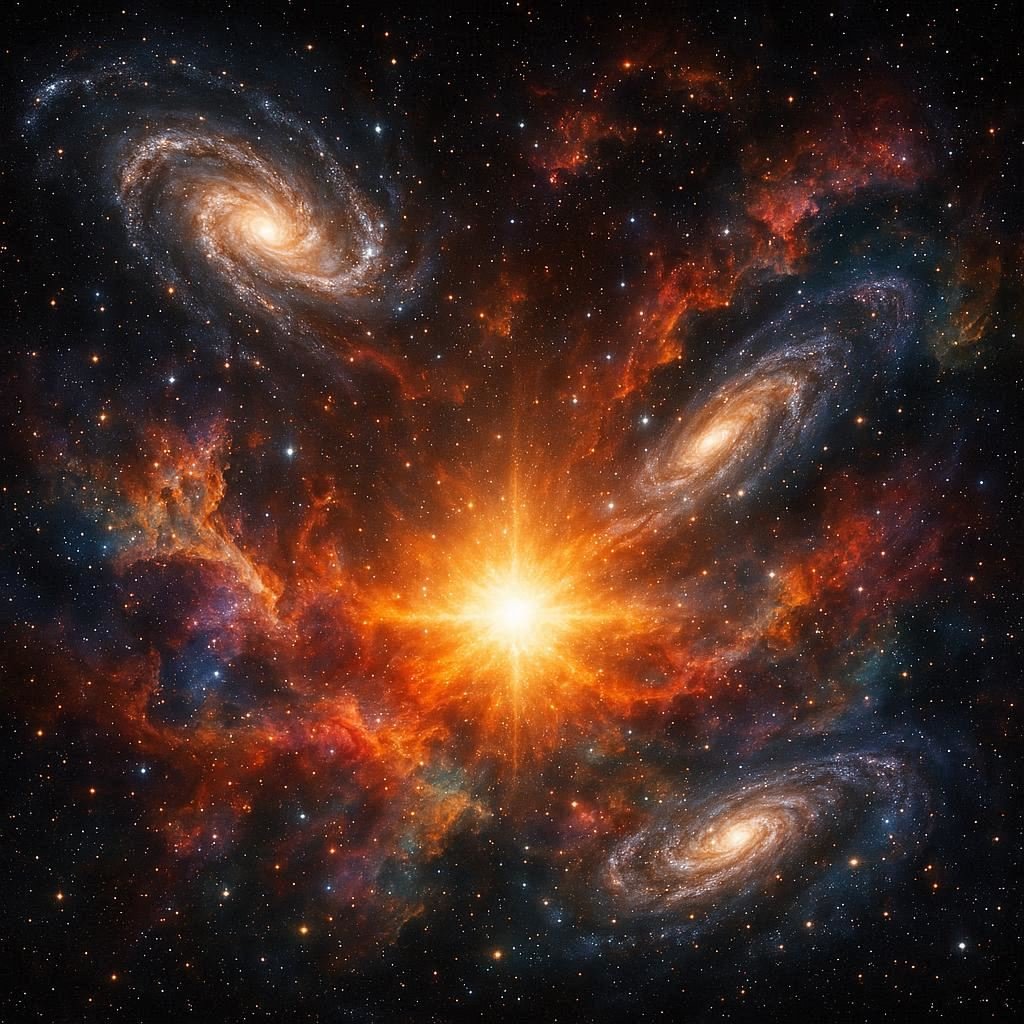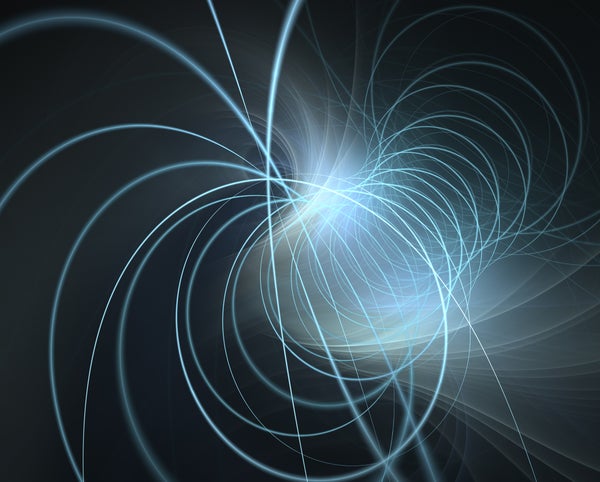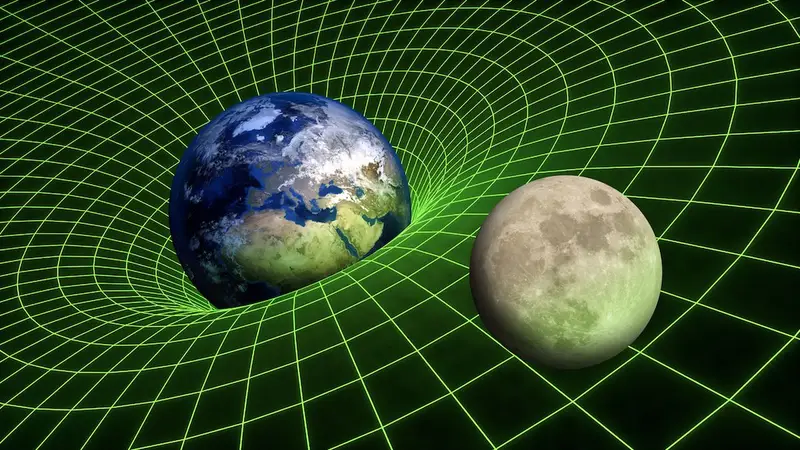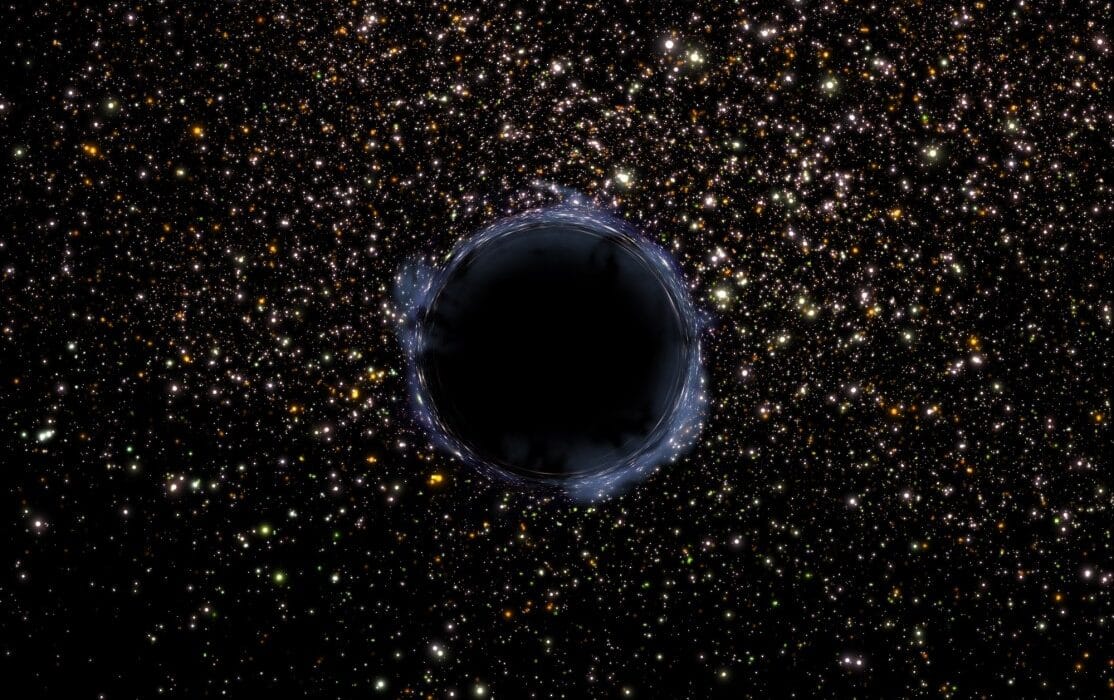From the first moment humans looked up at the stars and felt the immensity of the night sky, existence itself has been an unending puzzle. Science has illuminated countless truths, yet the more we learn, the more mysteries seem to deepen. It is as if reality teases us—offering glimpses of understanding while keeping its most profound secrets shrouded in fog. The following are ten of the greatest mysteries of existence, questions that remain stubbornly out of reach. Each carries not just scientific weight but also emotional resonance, because they touch the very core of what it means to be alive, to think, and to dream.
1. The Origin of the Universe
Perhaps the greatest mystery of all is the beginning itself. Cosmology tells us that about 13.8 billion years ago, the universe expanded from an unimaginably hot, dense state in what we call the Big Bang. But the question lingers: what came before? Did time itself begin at that moment, or is our universe just one bubble in an eternal cosmic sea?
Even the term “Big Bang” is misleading, for it was not an explosion in space, but the expansion of space itself. And yet, we have no idea what set this expansion in motion. Was it a quantum fluctuation in some primordial vacuum? Was it the collision of higher-dimensional branes, as some string theorists suggest? Or is the universe a self-creating loop, with no true beginning?
Science can trace the story back to fractions of a second after the Big Bang, but beyond that lies silence. This silence is not emptiness, but a reminder of how much we still do not know. The origin of the universe is not just a scientific puzzle—it is a philosophical and emotional abyss. To ask how everything began is to ask why there is anything at all, instead of nothing.
2. The Nature of Consciousness
You can hold a brain in your hands—a three-pound organ of flesh and neurons. You can measure its electrical impulses, map its networks, and track its chemical signals. But the question remains: how does matter give rise to mind? How does the firing of neurons create the experience of seeing red, feeling joy, or remembering a childhood moment?
This is the so-called “hard problem” of consciousness, one that resists reduction to simple mechanisms. Science has made great strides in understanding cognition, perception, and behavior, but subjective experience—what philosophers call qualia—remains elusive.
Consciousness is not only a scientific challenge but also a deeply personal one. Every human being lives inside the mystery of awareness. Without it, there would be no science, no love, no art, no longing. And yet, we do not know what it is or why it exists. Perhaps the mind is an emergent property of complexity, or perhaps it is something more fundamental—woven into the fabric of the universe itself.
3. The Puzzle of Time
Time is something we all feel intimately, yet it may be the most confusing aspect of reality. Physics tells us that time is not universal—it bends, stretches, and slows depending on gravity and motion. Einstein showed us that past, present, and future are not absolute but relative, stitched together into the fabric of spacetime.
And yet, the equations of physics themselves do not require time to “flow.” At the deepest level, the laws of nature are time-symmetric—meaning they work just as well if you run them forward or backward. So why do we experience time as an arrow, always moving from past to future? Why is there memory of yesterday but not of tomorrow?
The answer may lie in entropy—the universe’s tendency toward disorder. But this still does not explain why time feels the way it does. Time is at once a scientific enigma and a human wound, because we feel its passage most painfully in aging, in loss, in the fleeting nature of every precious moment.
4. The Question of Why the Laws of Physics Exist
Science depends on laws: gravity, electromagnetism, quantum mechanics. These laws describe how matter and energy behave. But why do these laws exist at all? Why do they have the precise values they do, values so finely tuned that if they were even slightly different, stars would not form, atoms would not bind, and life would never arise?
The fine-tuning of the universe is one of the deepest puzzles in modern thought. Some scientists propose the multiverse: countless universes, each with different laws, and we just happen to live in the rare one that permits life. Others argue that there must be some deeper principle, some necessity behind the apparent coincidence.
But we do not know. And this not-knowing carries existential weight. Are the laws of nature arbitrary, or are they the language of some ultimate reality? To ask why the universe is lawful at all is to peer into a mystery that seems designed to elude us.
5. The Nature of Dark Matter and Dark Energy
Look out at the cosmos, and you might think we understand it well. But in truth, everything we see—stars, galaxies, planets, ourselves—makes up less than five percent of the universe. The rest is hidden in shadow, in two unknown entities we call dark matter and dark energy.
Dark matter reveals itself only through its gravity, holding galaxies together when ordinary matter alone is not enough. Dark energy, even stranger, appears to be driving the accelerated expansion of the universe. Together, they make up 95 percent of everything—and yet, we have no idea what they are.
We are surrounded by an invisible universe, a cosmos made mostly of something we cannot touch, cannot see, and cannot explain. It is like trying to read a novel when only a few pages are visible. What is missing may change the entire story.
6. The Emergence of Life
At some point, billions of years ago, lifeless chemicals on a young Earth assembled into the first living cell. How? This remains one of the greatest scientific mysteries. We know the ingredients: carbon molecules, water, energy from the Sun or perhaps from deep-sea vents. But how these ingredients organized themselves into something that could replicate, evolve, and persist is not yet understood.
Life feels inevitable in hindsight, but perhaps it was a miracle of improbability. Was there a single pathway to life, or countless possible paths? Could life emerge elsewhere in the universe under different conditions, perhaps based on silicon instead of carbon, or ammonia instead of water?
This mystery cuts deep, because it is also a question of identity. To understand the origin of life is to understand the origin of ourselves. Until we solve it, we remain wanderers, not knowing whether life is a cosmic accident or a cosmic law.
7. The Fate of the Universe
Just as we wonder about the beginning, we also wonder about the end. What is the ultimate destiny of all things? Will the universe expand forever, stars burning out into a cold, dark emptiness—the so-called “heat death”? Or will gravity one day reverse the expansion, collapsing everything back into a fiery “Big Crunch”?
Another possibility, born from dark energy, is the “Big Rip”—where the acceleration of expansion grows so extreme that galaxies, stars, planets, and even atoms are torn apart. And then there are cyclical models: universes endlessly reborn, oscillating between birth and death.
The truth is that we do not know. The universe may outlast everything we can imagine, or it may end in ways stranger than science fiction. The fate of the cosmos is not just an astrophysical curiosity; it is a reflection of our deepest fear—that nothing lasts forever.
8. The Question of Free Will
Are we truly free, or are we just complex machines following the laws of physics? Neuroscience increasingly shows that decisions arise from brain activity before we are conscious of them, suggesting that what we call free will might be an illusion. Physics, too, seems deterministic at one level, even if quantum mechanics introduces randomness.
And yet, the feeling of freedom is central to our sense of being human. We hold ourselves and others accountable, we dream, we hope, we choose. If free will is an illusion, it is one so convincing that it shapes every aspect of our lives.
The tension between determinism and freedom may never be fully resolved. But it forces us to confront the mystery of agency—what it means to be a self, to steer a life through the river of time.
9. The Possibility of Extraterrestrial Life
Are we alone? This may be the most haunting question of all. The universe is vast, with hundreds of billions of galaxies, each containing hundreds of billions of stars. Around many of those stars orbit planets, and some of those planets may resemble Earth. The probability seems to favor life existing elsewhere.
And yet, despite decades of searching, we have found no definitive sign of alien intelligence. This is the essence of the “Fermi Paradox”: if life is common, why do we not see it? Perhaps intelligent civilizations destroy themselves before they can spread. Perhaps they are hiding. Or perhaps we are, impossibly, unique.
To find life elsewhere would change everything. It would shatter the illusion of human centrality, and yet it might also connect us to a larger cosmic community. To find nothing would be equally profound, for it would mean we are the universe’s only voice.
10. The Ultimate Nature of Reality
All the other mysteries converge into this final, overarching question: what is reality itself? We perceive the world through senses and instruments, but are we seeing the universe as it is, or only as our minds allow us to see it?
Quantum mechanics suggests that particles exist in superpositions until measured, as if observation itself shapes reality. Some interpretations propose multiple universes branching endlessly. Others suggest that reality is fundamentally mathematical, or even informational—as if the universe were not a thing but a code.
Beneath physics, beneath mathematics, beneath even consciousness, there may be something more fundamental. But it is hidden. We are like shadows trying to understand the light that casts us.
And so, the ultimate mystery remains: what is existence itself? Why is there something rather than nothing? Perhaps we are not meant to penetrate this mystery. Or perhaps the act of asking is itself the answer—the universe becoming aware of itself through us.
These ten mysteries form a constellation of ignorance and wonder. They are not failures of science but frontiers of possibility. Each is a doorway into the unknown, an invitation to humility and awe. To confront them is to realize that we live not in a universe we fully understand, but in one that forever exceeds us.
Existence is not a solved equation but a living riddle. And perhaps that is the point: the beauty of being alive is not in possessing all the answers, but in daring to ask the questions.






